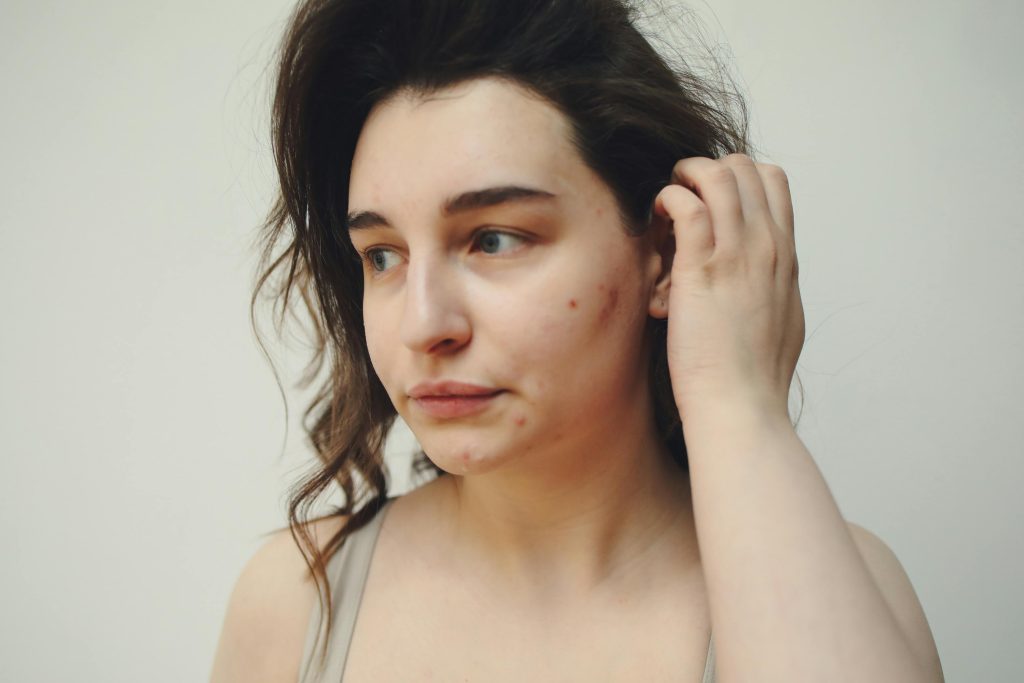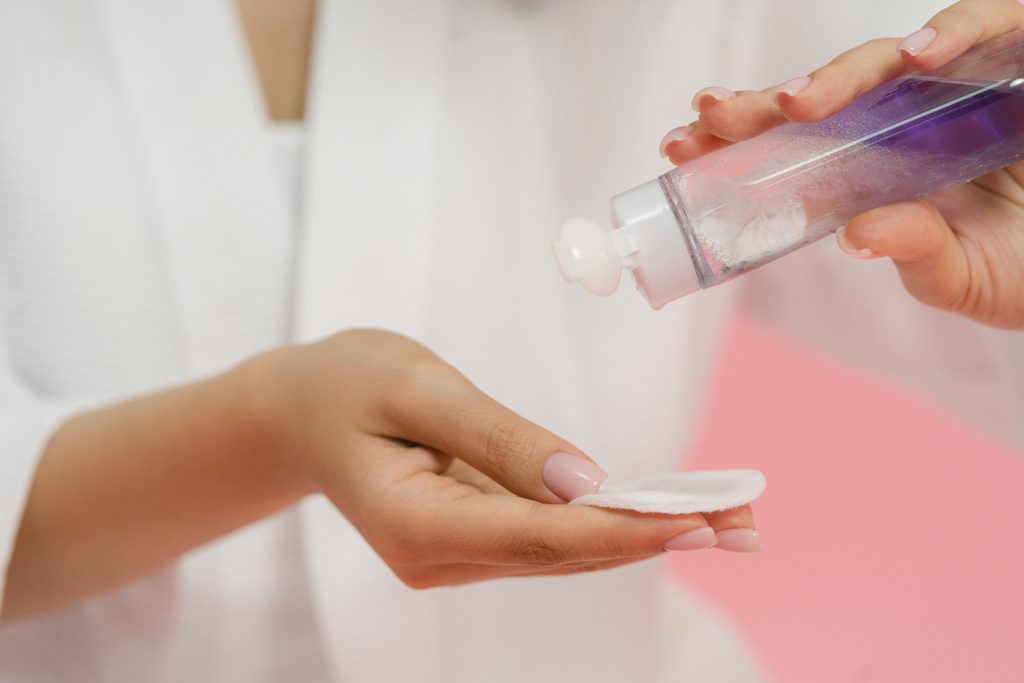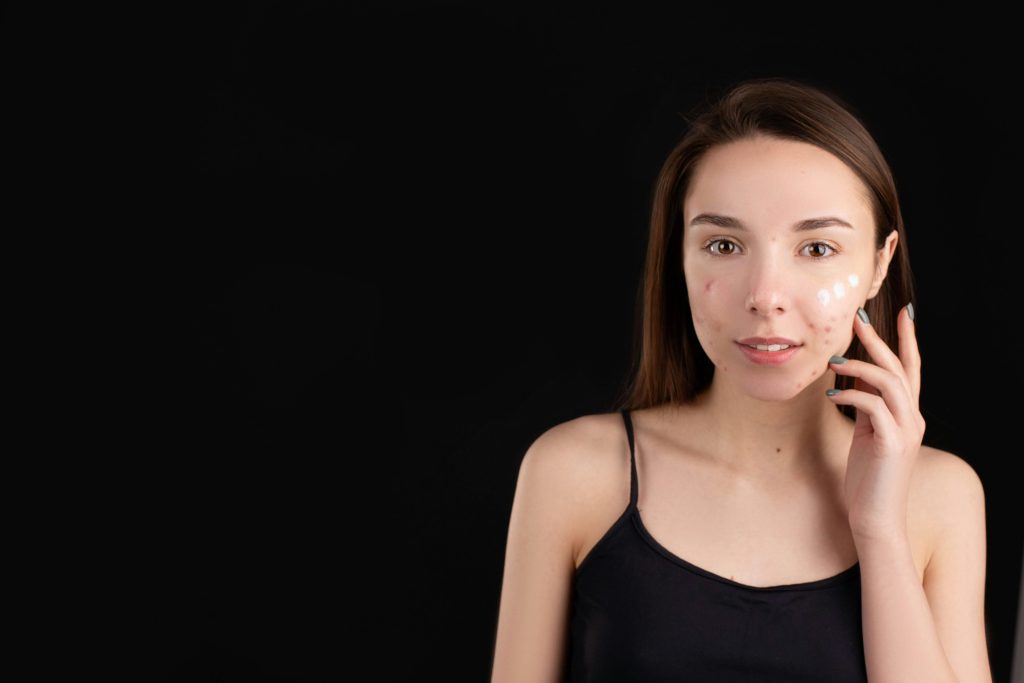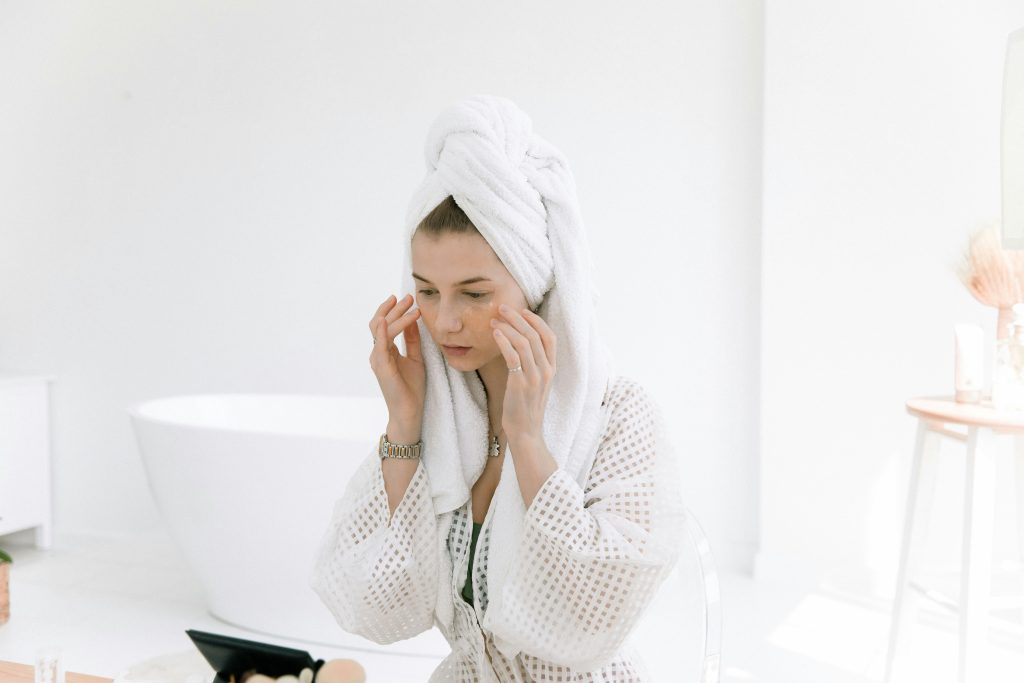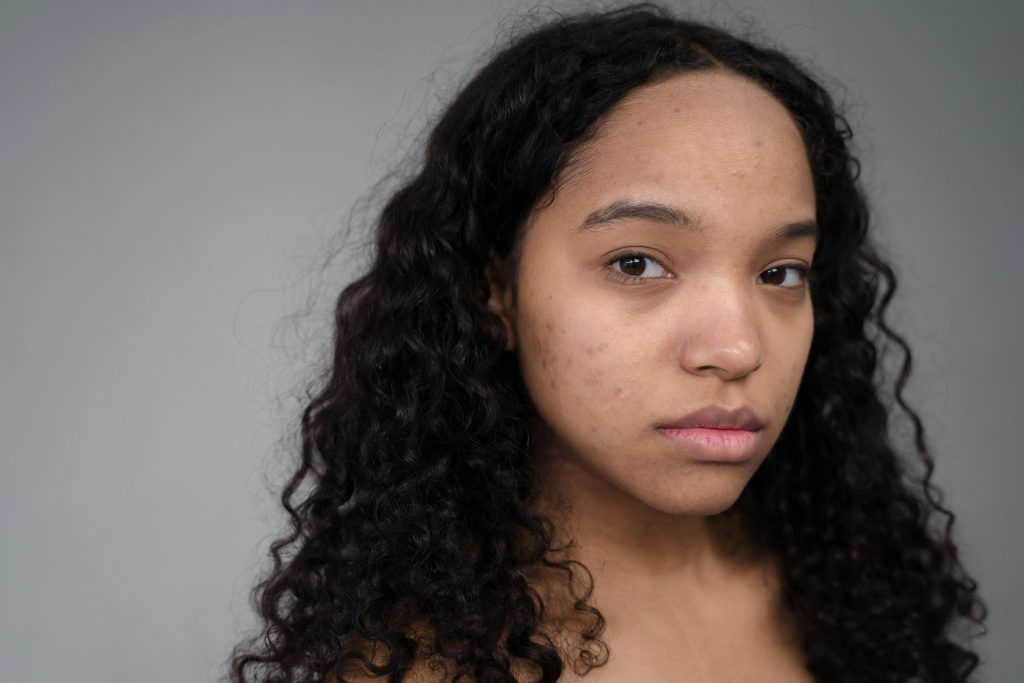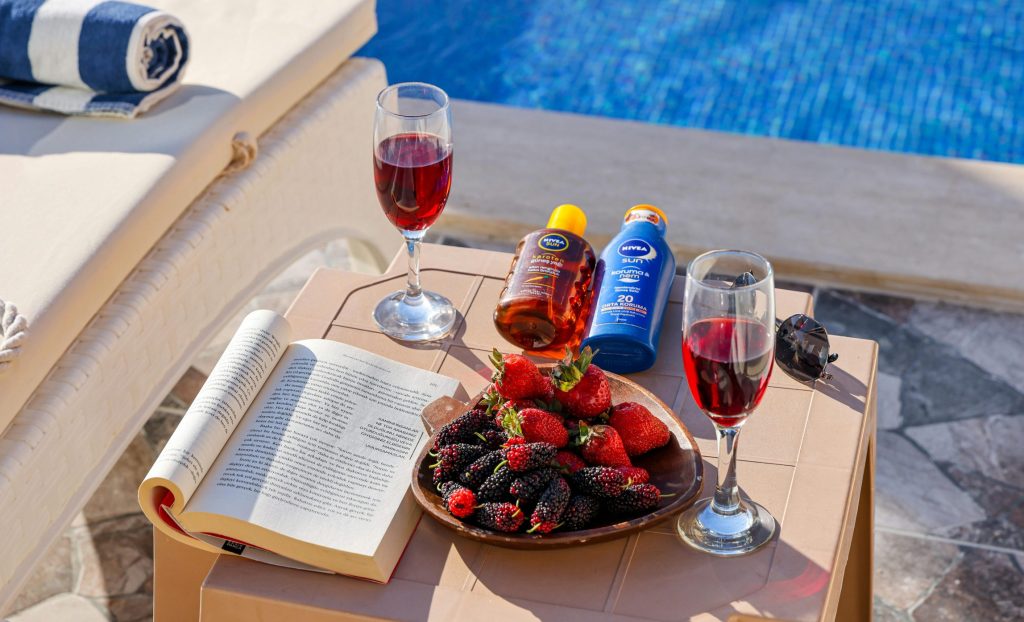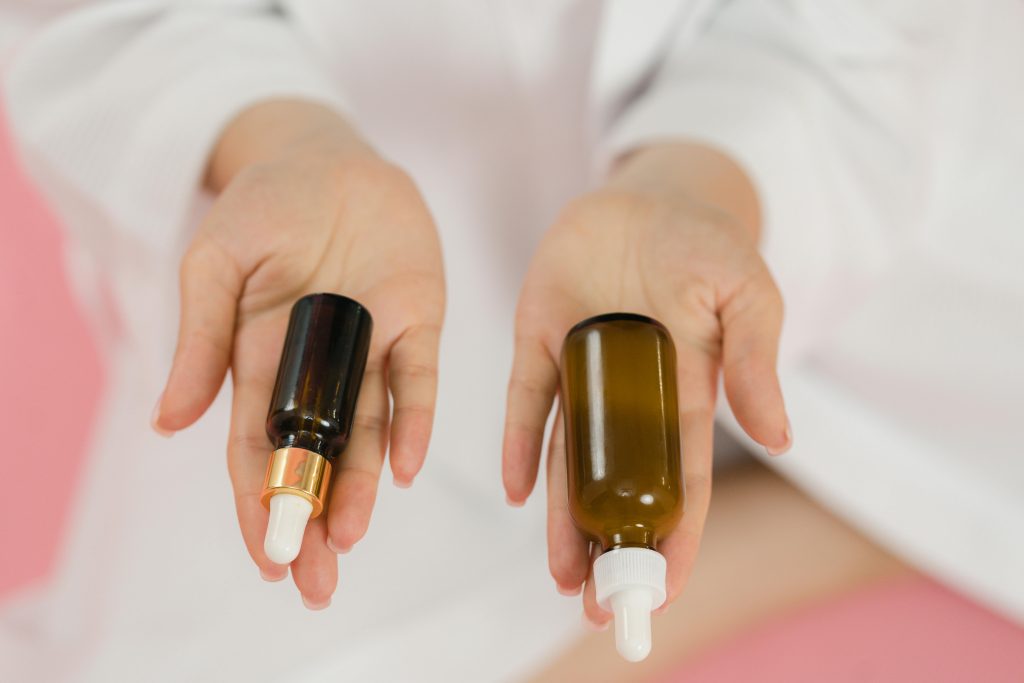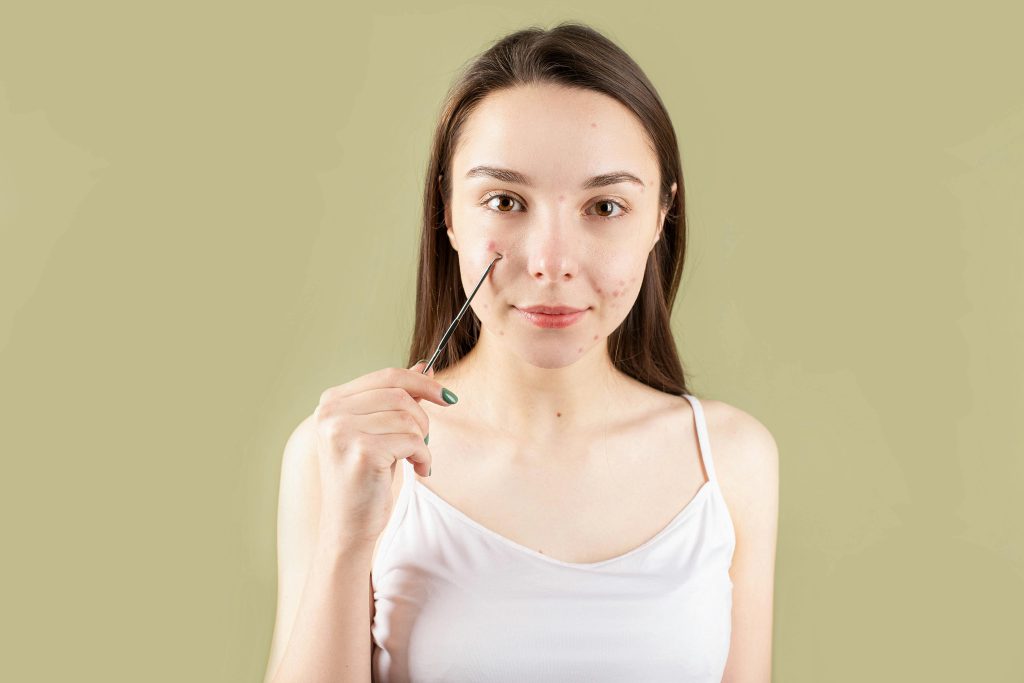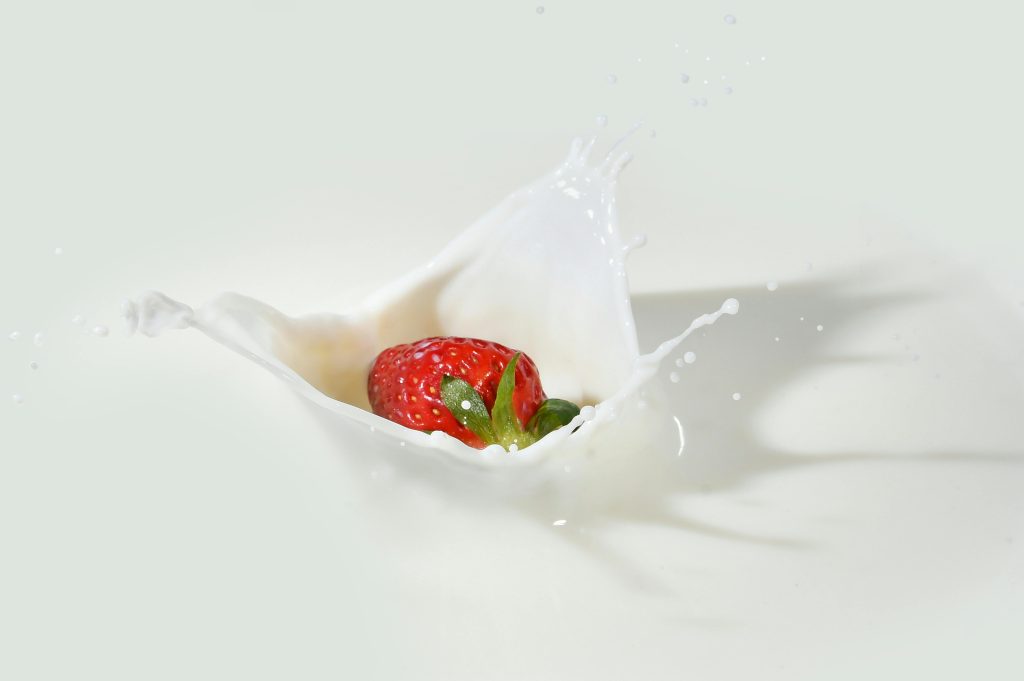
As an Amazon affiliate, I earn a commission for the products linked below.
Retinol for Acne: Benefits, Risks & Best Products for Clearer Skin
Retinol is one of the most powerful ingredients in skincare—most often praised for its anti-aging benefits. But did you know it’s also a dermatologist’s favorite for treating acne?
This vitamin A derivative speeds up cell turnover, unclogs pores, and reduces post-acne marks, making it a game-changer for stubborn breakouts.
That said, retinol isn’t for everyone. It can cause irritation, dryness, and even temporary “purging” when you first start using it.
Knowing the right way to introduce retinol into your routine is key to reaping the benefits without worsening your skin.
In this article, we’ll explore the benefits, risks, and best retinol products for acne-prone skin, plus tips on how to use it safely.
Benefits of Retinol for Acne
✅Unclogs pores → Prevents blackheads, whiteheads, and breakouts by keeping pores clear.
✅Speeds up skin cell turnover → Helps skin shed dead cells faster, preventing buildup.
✅Reduces inflammation → Calms redness and swelling associated with pimples.
✅Fades post-acne marks → Helps even out skin tone and reduce dark spots.
✅Boosts overall skin health → Strengthens the skin barrier and improves texture.
Risks and Side Effects of Retinol
🚩Initial irritation → dryness, peeling, and redness are common during the adjustment period.
🚩Retinol purge → breakouts may temporarily worsen before improving.
🚩Sun sensitivity 🌞 → retinol makes skin more prone to sunburn, so SPF is non-negotiable.
🚩Not for everyone → avoid during pregnancy or breastfeeding, and consult a dermatologist if you have sensitive skin conditions like eczema or rosacea.
How to Use Retinol for Acne Safely
🌸Start slow → 2–3 nights per week, gradually increasing frequency.
🌸Use a pea-sized amount → too much increases irritation without added benefits.
🌸Apply at night 🌙 → retinol degrades in sunlight.
🌸Pair with a moisturizer → prevents dryness and supports the skin barrier.
🌸Never skip sunscreen → daily SPF is essential to protect against UV damage.
Top 10 Retinol Products for Acne-Prone Skin
- CeraVe Resurfacing Retinol Serum
Affordable, gentle, and formulated with niacinamide to calm redness.
- Differin Gel (Adapalene 0.1%)
Technically a retinoid, this over-the-counter treatment is FDA-approved for acne.
- The Ordinary Retinol 0.2% in Squalane
Budget-friendly starter option that hydrates while treating acne.
- La Roche-Posay Effaclar Adapalene Gel
Dermatologist-recommended retinoid for stubborn breakouts.
- Murad Retinol Youth Renewal Serum
Gentle enough for sensitive skin, with time-release retinol technology.
- Paula’s Choice 0.3% Retinol + 2% Bakuchiol Treatment
A great mid-strength option with calming antioxidants.
- SkinMedica Retinol 0.5 Complex
High-quality, dermatologist-grade retinol with strong results.
- ROC Retinol Correxion Deep Wrinkle Night Cream
Affordable and effective, especially for acne with early signs of aging.
- First Aid Beauty Retinol Serum 0.3%
Gentle formula ideal for retinol beginners with acne-prone skin.
- Neutrogena Rapid Wrinkle Repair Retinol Oil
Lightweight, fast-absorbing retinol oil that won’t clog pores.
FAQs
- Does retinol work for all types of acne?
It works best for comedonal acne (blackheads and whiteheads) and mild-to-moderate inflammatory acne. Severe acne may need prescription-strength retinoids.
- How long does it take for retinol to work on acne?
Visible improvement usually takes 8–12 weeks with consistent use.
- Can I use retinol with benzoyl peroxide or salicylic acid?
It’s best not to layer them at the same time. Alternate nights or use one in the morning and retinol at night.
- Will retinol make acne worse before it gets better?
Yes, purging is common in the first few weeks as clogged pores clear, but it usually subsides within 4–6 weeks.
Final Verdict 📝
Retinol can be a powerful ally in the fight against acne, offering long-term benefits like fewer breakouts, smoother skin, and reduced scarring.
While side effects like irritation and purging are common at the start, the right product and routine can minimize them.
For beginners, Differin Gel or CeraVe Resurfacing Retinol Serum are excellent entry points.
For more experienced users, SkinMedica Retinol 0.5% delivers dermatologist-level results.
Bottom line: retinol isn’t a quick fix, but with patience and consistency, it can dramatically improve acne-prone skin.

